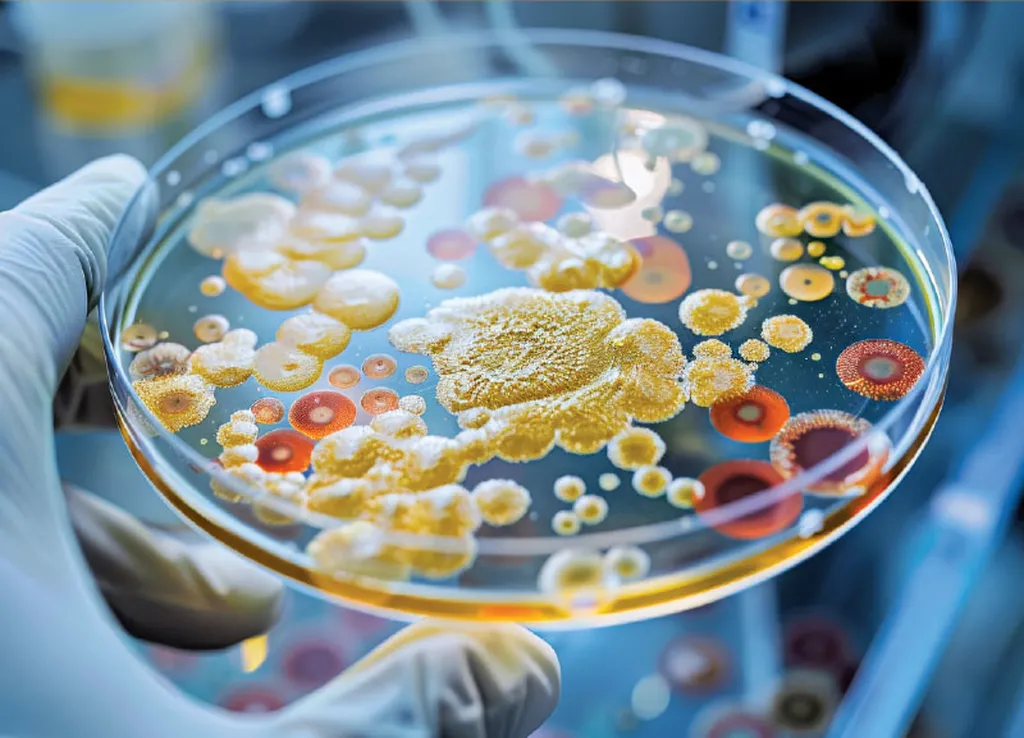In a groundbreaking discovery that could reshape our understanding of methane consumption in various environments, researchers have successfully isolated a unique methanotrophic bacterium from the genus Mycobacterium, marking the first time such a microorganism has been found outside the previously known phyla of Pseudomonadota and Verrucomicrobiota. This finding, led by Hiromi Kambara of the Institute for Extra-cutting-edge Science and Technology Avant-garde Research (X-star) at the Japan Agency for Marine-Earth Science and Technology (JAMSTEC), opens new avenues for methane mitigation strategies in the energy sector.
Methanotrophs play a crucial role in the global carbon cycle by oxidizing methane, a potent greenhouse gas. However, conventional methanotrophs are often inhibited by ammonia, a common byproduct in many environments. The newly isolated strain, MM-1, demonstrates an extraordinary tolerance to ammonia and a broad pH range, setting it apart from its counterparts. “This remarkable tolerance to ammonia suggests that Actinomycetota methanotrophs could serve as methane sinks in environments where conventional methanotrophs would struggle,” Kambara explained.
The implications for the energy sector are significant. Methane emissions from industrial processes, agriculture, and waste management pose substantial challenges to climate change mitigation efforts. The discovery of MM-1 could lead to the development of more robust biotechnological solutions for methane capture and utilization. “Our findings broaden the recognized physiological range of methanotrophs and suggest the existence of overlooked ecological niches tied to methane oxidation,” Kambara added.
The study, published in the journal *Applied and Environmental Microbiology* (translated from Japanese as “Applied and Environmental Microbiology”), highlights the potential for Mycobacterium strains to contribute to methane mitigation in diverse settings. The unique characteristics of MM-1 could pave the way for innovative applications in bioremediation and bioenergy production, offering new tools for managing methane emissions more effectively.
As the energy sector continues to seek sustainable solutions for reducing greenhouse gas emissions, the discovery of this novel methanotroph provides a promising avenue for exploration. The research not only expands our understanding of microbial diversity but also underscores the importance of further investigating the ecological roles of methanotrophs in various environments. This could lead to the development of more efficient and cost-effective strategies for methane management, ultimately contributing to global efforts to combat climate change.

